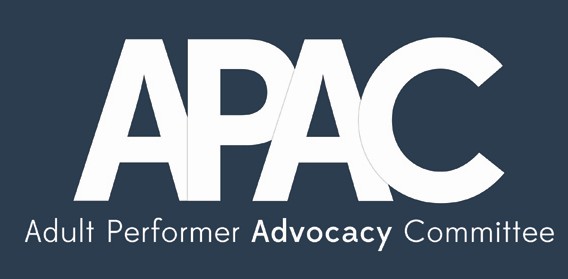A group of HIV organizations is relieved to learn that a Barrie, Ontario judge has found “JM,” an Ontario woman charged with aggravated sexual assault for allegedly not disclosing her HIV-positive status before sex, not guilty of aggravated sexual assault for oral sex.
The act was deemed to pose no realistic possibility of HIV transmission.
“She should never have had to fight the oral sex charge,” said Jessica Whitbread, Global Chair of the International Community of Women with HIV/AIDS. “We deplore the Crown’s insistence on prosecuting this charge despite what the science tells us about the risk of transmission in cases of oral sex.”
The Crown’s own expert, HIV specialist Dr. Irving Salit, said during the trial, “You have a better chance of walking down the street and having a piano land on your head than you do contracting HIV through oral sex.”
“Today’s decision sends an important message to Crown prosecutors who have tried to expand the scope of the criminal law on HIV non-disclosure: criminal prosecutions for oral sex are not warranted,” said Richard Elliott, Executive Director of the Canadian HIV/AIDS Legal Network.
Sadly, this woman’s ordeal is not over as she has been convicted of one count of aggravated sexual assault for not disclosing her status before having unprotected vaginal sex, although at the time her viral load was undetectable (meaning the risk of transmission was close to zero). She now faces potential jail time on charges similar to those faced by violent rapists. Her sentencing is next week.
This conviction is the result of a problematic decision released last year by the Supreme Court of Canada. People living with HIV can now be convicted of aggravated sexual assault for not disclosing their status unless they use a condom and have a low viral load — at least in the context of vaginal sex. The ruling was condemned by people living with HIV, AIDS activists and legal experts as a major step backwards for public health and human rights.
To limit the use of the criminal law against people living with HIV, over 1,000 supporters of the Ontario Working Group on Criminal Law and HIV Exposure (CLHE) have already called on the Ministry of the Attorney General of Ontario to create prosecutorial guidelines, due this fall.
Said Elliott: “We continue to press the Ministry to fulfill its promise and develop prosecutorial guidelines in accordance with science, international recommendations and the expertise of people living with HIV and their allies to put an end to unjust and harmful prosecutions against people living with HIV.”
Source






